Cabo Blanco Fresh's exciting project for red pitahaya is expected to start in just a few weeks. This season, the firm aims to target the markets of central and northern Europe, as well as the Scandinavian countries. "We continue betting on the cultivation of pitahaya and working to make this truly differentiated product more popular in the market," said Juan Carlos Piña, manager of the company based in Guanacaste.
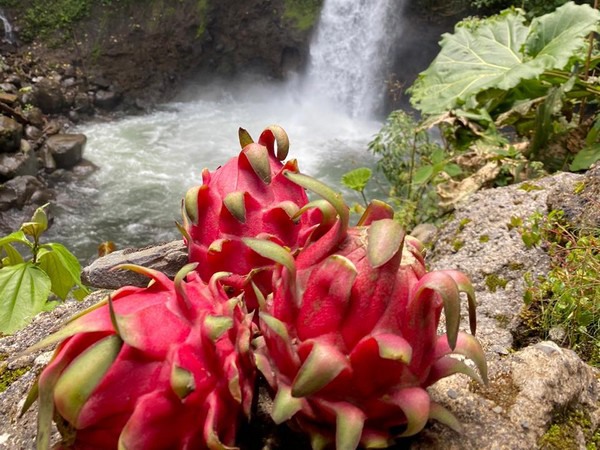
"We have noticed that many European consumers have not had access to the product and have not been able to get to know it well because the supply, which comes mainly from Vietnam and other Asian countries, is very small. Also, if they have tried it, their experience has not been very positive. In order to allow the fruit to withstand those long journeys and extend its shelf life, Asian pitahaya is harvested green, so it doesn't have the right sweetness or flavor."
"For this reason, our strategy is going to focus on exporting fruit by air -with minimum orders of 2,500 kilos- with a very high degree of ripeness (above 80%) and with a minimum of 14 degrees Brix, to markets where pitahaya isn't well known and there are no prejudices against the fruit, such as Denmark, Norway, Sweden or Finland."
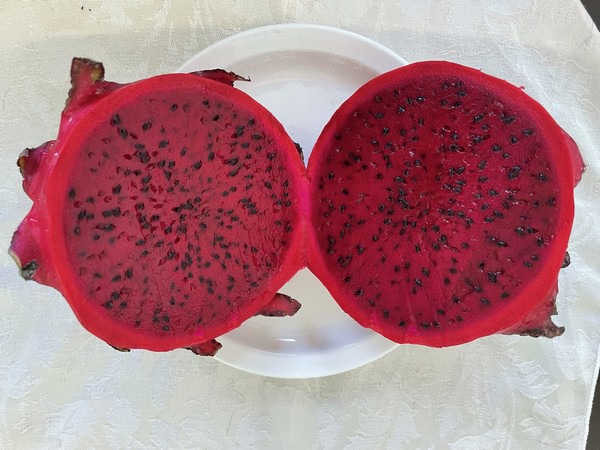
"We want consumers in these markets to recognize the quality of Costa Rican pitahayas from the very start," says Juan Carlos. "The varieties we grow in the country are the result of a 25-year selection process that is allowing us to deliver a high quality product in terms of flavor and sweetness, besides being a fruit with great nutritional and medicinal properties."
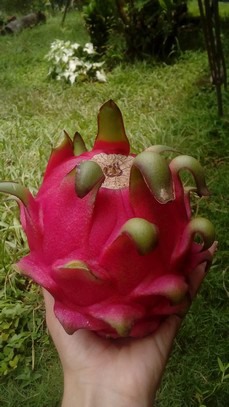
"Moreover, our red pitahaya produced at Cabo Blanco Fresh is Rainforest Alliance-certified. We were the first in all of Central America and we continue to be the only ones to have obtained this certification for pitahaya. We also have SMETA Eti, GlobalG.A.P., Esencial Costa Rica and carbon neutral certifications. All this allows us to offer a completely unique product compared to what already exists in the market."
"Now, more than ever, pitahaya is our best alternative."
The pitahaya season follows the melon and watermelon campaign, which has come to an end for Cabo Blanco Fresh this year coinciding with the news that a major melon and watermelon supplier group for the English market is giving up its operations with both fruits.
"Unfortunately, this group, which imported melon and watermelon from Brazil, Honduras, Costa Rica and Spain, has decided to put an end to this program after not being able to meet the demand of the supermarkets they work with in the UK. This announcement has caused us a lot of concern and put our feet back on the ground, as this customer represented 75% of our income with these fruits," said Juan Carlos, who also confirmed that, due to purely external circumstances, last season was a challenging one for the industry.
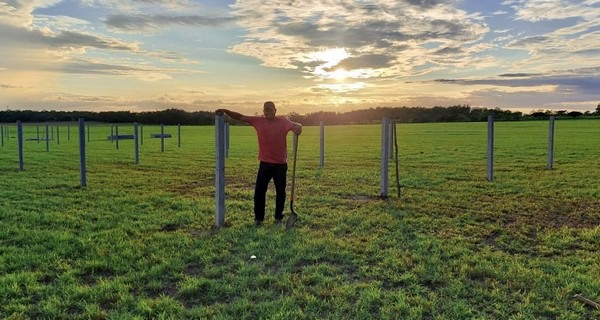
"Climate change, increasingly longer periods of drought and groundwater depletion have become a reality. At the same time, we have fewer opportunities to use agrochemicals, because increasingly more products are banned and there are fewer effective solutions to keep pests under control. At the same time, diseases are becoming more and more aggressive and, to top it off, certifications are stricter. We are being asked for more quality and more social and environmental responsibility, and all of that comes at a cost. But prices are not increasing proportionally; in fact, we have had to agree to contracts with prices below the production costs just to maintain some programs with distributors."
"We want to continue growing melon and watermelon, but with decisions like this, strong international groups are sending the dangerous message that these are not sustainable crops," says Juan Carlos. "That is why now, more than ever, pitahaya is our best alternative."
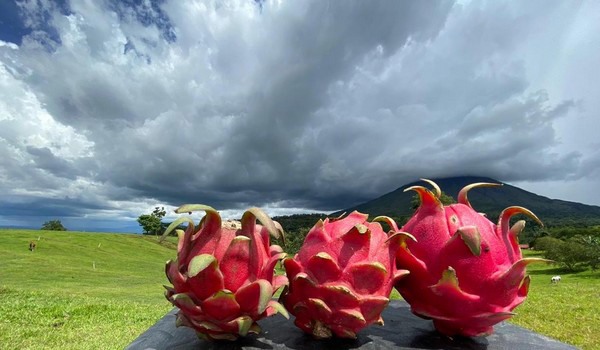
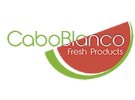 For more information:
For more information:
Cabo Blanco Fresh Products
Tel.: +(506) 8825-4715
[email protected]
http://caboblancofresh.com
